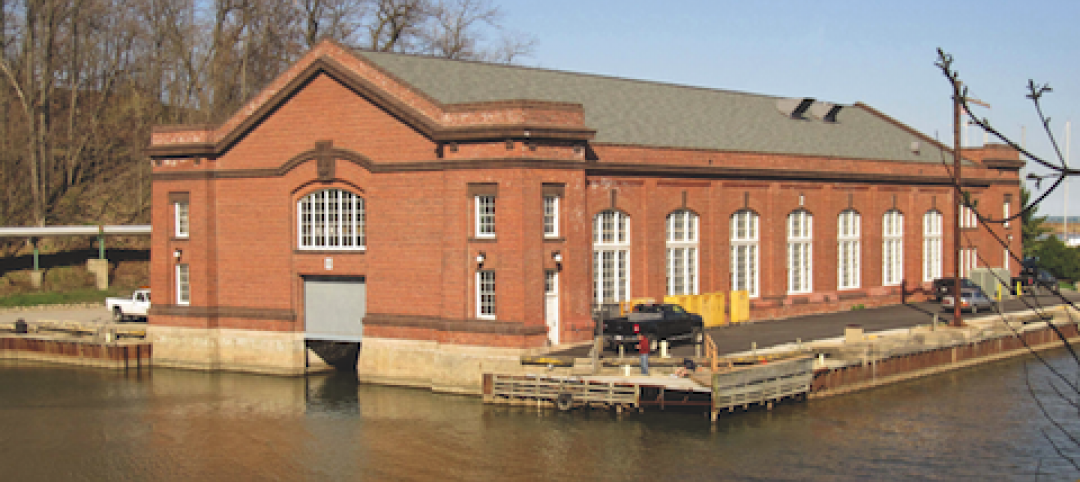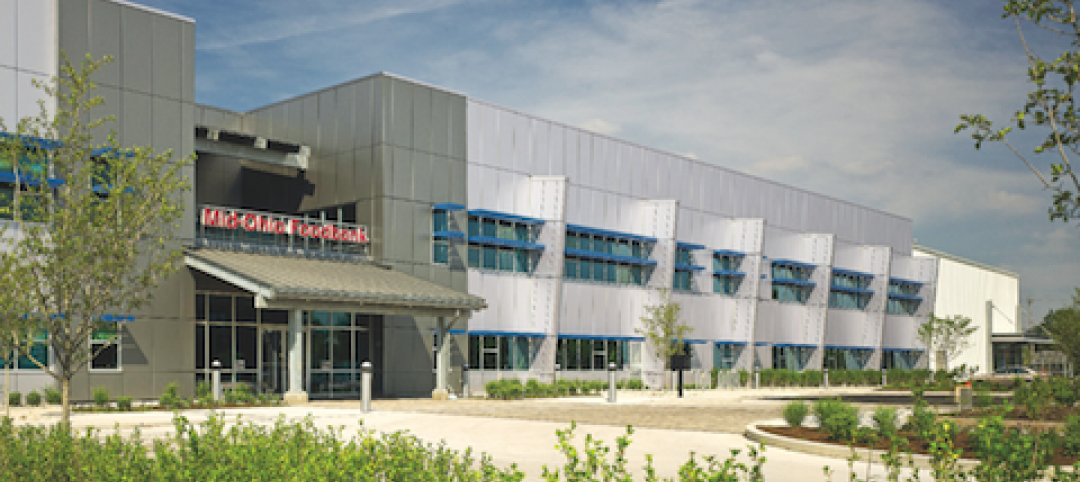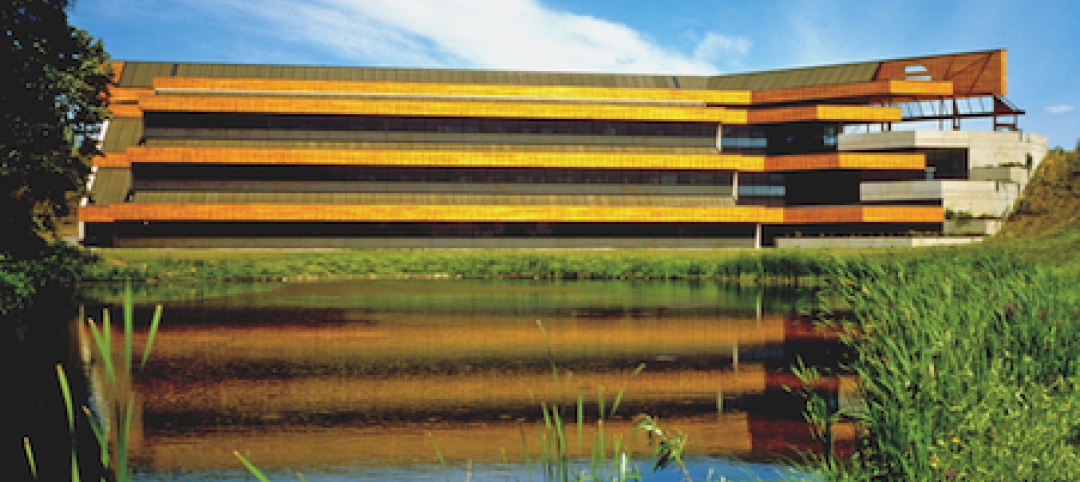Although the construction recovery continues to lag other sectors as well as the overall U.S. economy, the industry is finally seeing a rebound. Commercial real estate giant Jones Lang LaSalle recently released its Summer 2013 Construction Highlights report, which found that there are some sectors (such as energy and high-tech) driving demand for construction, while a few major cities are starting to record increased levels of speculative office building developments. However, with construction demand on the rise in some areas, JLL documents labor shortages and material costs increasing as well.
Local Markets
The recovery theme in the U.S. construction industry can be easily identified as lagging other sectors and the overall U.S. economy. Among many challenges specific to the construction industry, the fact that the overall US.. labor market recovery has been so prolonged is not helping a rebound in construction, which depends on a growing workforce to expand demand across property types. The previous “bright spot” in the construction world – public construction – has taken a backseat in the recovery as the Federal government trims budgets and pulls back on pending.
While job numbers year-over-year are improved, construction employment was hard hit in the month of April, showing a net loss of 6,000 jobs, very much a function of pullback in non-residential sectors including public construction. With the long-awaited rebound in the housing market now permeating the single-family realm, however, job gains and increases in construction-put-in place for residential construction have materialized, and should fuel stronger growth. President Obama’s persistent efforts to increase infrastructure construction funding and MAP-21 investment, already accounted for in budgets, could also ultimately help shore up weaker areas of the construction industry during the next 12 months.
Market Highlights
· Seattle: Technology drives construction, with just over 1 MSF delivered in 2012, much of it pre-leased to Amazon. The spec development pipeline is picking up.
· Portland: Owner-user office development comprises the major projects under construction. Several speculative projects are proposed, but adaptive reuse is the preferred strategy.
· San Francisco: Office and multi-family construction is booming as developers work to meet demand from the growing economy, driven by the technology industry.
· Los Angeles: The first skyscraper to be added to the CBD in over 20 years is underway. Upon completion, the Wilshire Grand will feature retail, office and hospitality components.
· Orange County: Vacancy remains high and rents are still too low to justify any spec development at this time. However, four sizable build-to-suit projects are currently underway.
· Boston: Four build-to-suit projects are underway totaling 2.5 MSF in Boston. Cambridge has 2.5 MSF of new construction (38% lab space, 62% office).
· New York: Construction to begin on more than 5.0 MSF of office space during the next five years, with potentially 25 MSF delivered over next two decades.
· Philadelphia: Liberty Property Trust will break ground on a build-to-suit project for Vanguard. The six-story, 205,000 SF facility will be built to meet LEED standards.
· Washington DC: Nearly 6.2 MSF of office construction is underway. Over one-third of the under construction inventory has garnered preleases.
· Atlanta: Demand for interior build outs up in the last six to nine months; upward pressure on construction costs. Pricing has bottomed and expected to rise due to housing market improvements.
· Minneapolis: Construction activity is on the rise, but so are costs. Construction prices increased 3.2% since last year. Recent negotiations with labor unions will result in average annual increases in labor costs of 2-2.5% through 2016.
· Chicago: No office construction is underway, but River Point is in development stages and broke ground in Q4 2012. Multifamily in the Loop and River North is expanding aggressively, with about 1,000 units under construction.
· Dallas: Availability of the trades is becoming an issue as new construction activity accelerates. This will likely lead to higher labor costs and the need for higher contingencies in project proformas.
· Houston: Houston’s booming energy market continues to drive new office construction. Houston’s CBD market is expecting 4 MSF of new office deliveries in the next 36 to 48 months.
Related Stories
| Oct 12, 2010
Building 13 Naval Station, Great Lakes, Ill.
27th Annual Reconstruction Awards—Gold Award. Designed by Chicago architect Jarvis Hunt and constructed in 1903, Building 13 is one of 39 structures within the Great Lakes Historic District at Naval Station Great Lakes, Ill.
| Oct 12, 2010
Full Steam Ahead for Sustainable Power Plant
An innovative restoration turns a historic but inoperable coal-burning steam plant into a modern, energy-efficient marvel at Duke University.
| Oct 12, 2010
From ‘Plain Box’ to Community Asset
The Mid-Ohio Foodbank helps provide 55,000 meals a day to the hungry. Who would guess that it was once a nondescript mattress factory?
| Oct 11, 2010
HGA wins 25-Year Award from AIA Minnesota
HGA Architects and Engineers won a 25-Year Award from AIA Minnesota for the Willow Lake Laboratory.
| Oct 11, 2010
MBMA Releases Fire Resistance Design Guide for metal building systems
The Metal Building Manufacturers Association (MBMA) announces the release of the 2010 Fire Resistance Design Guide for Metal Building Systems. The guide provides building owners, architects, engineers, specifiers, fire marshals, building code officials, contractors, product vendors, builders and metal building manufacturers information on how to effectively meet fire resistance requirements of a project with metal building systems.
| Oct 11, 2010
Rhode Island is the first state to adopt IGCC
Rhode Island is the first state to adopt the International Green Construction Code (IGCC). The Rhode Island Green Buildings Act identifies the IGCC as an equivalent standard in compliance with requirements that all public agency major facility projects be designed and constructed as green buildings. The Rules and Regulations to implement the Act take effect in October 2010.
| Oct 8, 2010
Union Bank’S San Diego HQ awarded LEED Gold
Union Bank’s San Diego headquarters building located at 530 B Street has been awarded LEED Gold certification from the Green Building Certification Institute under the standards established by the U.S. Green Building Council. Gold status was awarded to six buildings across the United States in the most recent certification and Union Bank’s San Diego headquarters building is one of only two in California.
| Oct 6, 2010
Windows Keep Green Goals in View
The DOE's National Renewable Energy Laboratory has almost 600 window openings, and yet it's targeting LEED Platinum, net-zero energy use, and 50% improvement over ASHRAE 90.1. How the window ‘problem’ is part of the solution.
| Oct 6, 2010
From grocery store to culinary school
A former West Philadelphia supermarket is moving up the food chain, transitioning from grocery store to the Center for Culinary Enterprise, a business culinary training school.
| Sep 30, 2010
Luxury hotels lead industry in green accommodations
Results from the American Hotel & Lodging Association’s 2010 Lodging Survey showed that luxury and upper-upscale hotels are most likely to feature green amenities and earn green certifications. Results were tallied from 8,800 respondents, for a very respectable 18% response rate. Questions focused on 14 green-related categories, including allergy-free rooms, water-saving programs, energy management systems, recycling programs, green certification, and green renovation.













